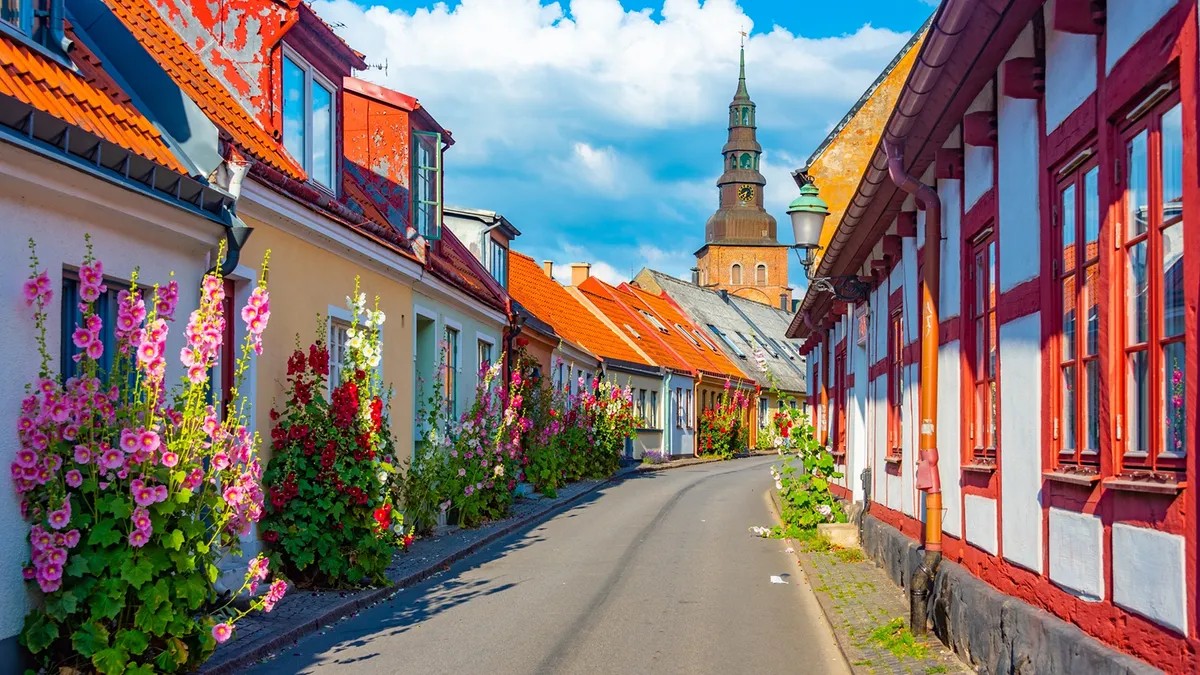When discussing liberal countries, we’re referring to nations where civil liberties, social progress, and personal freedoms aren’t just ideals – they’re fundamental aspects of daily life. This article explores 12 countries that consistently champion these values, examining how they shape governance, social policies, and individual freedoms. While Europe dominates this list, three nations outside of the continent demonstrate that progressive policies aren’t confined to one region.
The Nordic Powerhouses: Sweden, Norway, and Denmark
Sweden, often considered a gold standard for liberalism, consistently ranks highly. Its commitment to gender equality, universal healthcare, and free higher education underscores a deep-seated belief in social welfare. Significant policies, like 480 days of paid parental leave split between parents, and leading immigrant integration policies, highlight the country’s progressive stance. Crucially, even right-leaning parties recognize and pledge to maintain Sweden’s robust welfare system, reflecting the integration of liberal values into the nation’s political discourse.
Norway, leveraging its oil wealth, demonstrates that economic prosperity can coexist with progressive governance. Like its Nordic neighbors, Norway provides universal healthcare, free higher education, and generous family benefits. A proportional representation system ensures fair elections and even distribution of political power. With a strong emphasis on individual freedom and cultural cohesion, Norway invests heavily in healthcare and proactively addresses climate change—further reinforcing its liberal approach.
Denmark stands out for its comprehensive welfare system, offering free healthcare and education. It prioritizes work-life balance, supported by generous parental leave policies and flexible labor laws. Renowned for its fairness and justice, Denmark’s legal system and low corruption levels contribute to individual freedoms and societal equality, further enhanced by a strong economy and cultural cohesion.
Canada and Finland: Equality and Inclusion
Canada’s commitment to liberalism is enshrined in its Constitution, guaranteeing freedom of religion, expression, and civil rights. Universal healthcare, multiculturalism, and protections for marginalized groups are integral to its national identity. While provinces wield considerable power, liberal values remain consistent nationwide, as demonstrated by proactive policies addressing climate change and gender equity.
Finland prioritizes education, equality, and environmental protection. The government actively promotes individual freedoms while ensuring respect for cultural and legal minorities. With a world-class education system and robust support for working families, Finland embodies a commitment to social welfare. Remarkably, women comprise nearly half of Parliament, showcasing a tangible commitment to gender equality.
Germany, Australia, and New Zealand: Modern Liberalism in Action
Germany’s modern liberal roots were shaped in the post-World War II era, establishing it as a leader within the European Union and a staunch advocate for civil rights and democracy. The Basic Law enshrines human dignity and freedom above all else, with a focus on balancing a robust economy with strong social protections. Germany’s progressive stance is also reflected in its acceptance of immigrants and commitment to integration.
Australia blends British legal traditions with a modern liberal approach to social issues. Universal healthcare, marriage equality, and environmental protections form part of the nation’s identity. Its political system supports fair elections and representative democracy, while ongoing efforts to address Indigenous rights reflect a commitment to liberal values.
New Zealand prioritizes fairness and freedom, consistently ranking high for civil liberties, environmental stewardship, and gender equality. Bold reforms in areas like drug policy, euthanasia, and family leave underscore the country’s progressive values. The nation’s small population allows for agile policymaking, and its commitment to liberalism is evident in inclusive education and accessible healthcare.
Iceland: A Small Nation with Big Ideas
Iceland, despite its small size, champions liberal policies and consistently performs well on human rights indexes. In 1980, it became the first country to democratically elect a female president, and it has universal healthcare and progressive views on environmental issues. Its cohesive society enables quick action on liberal reforms, supporting a strong social safety net.
These 12 countries demonstrate that liberalism isn’t just a set of beliefs, but a framework for governance, social policy, and individual freedoms. By prioritizing civil liberties, social progress, and personal choice, they offer models for democratic nations worldwide.
In conclusion, these countries showcase a diverse range of approaches to liberal governance, united by a core commitment to civil rights, social welfare, and individual freedom. They serve as examples of how progressive policies can shape societies and improve the lives of their citizens, demonstrating the ongoing evolution and global impact of liberal values

















